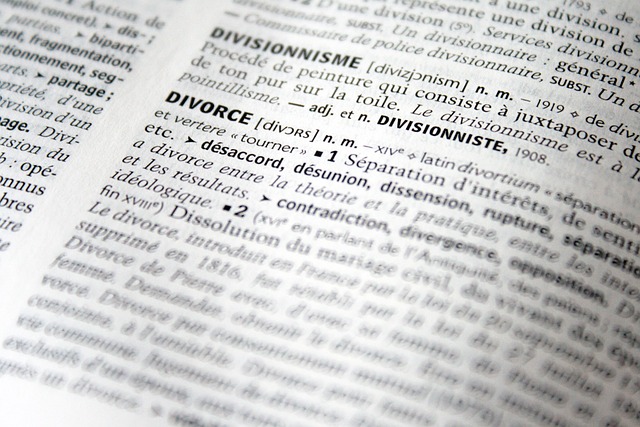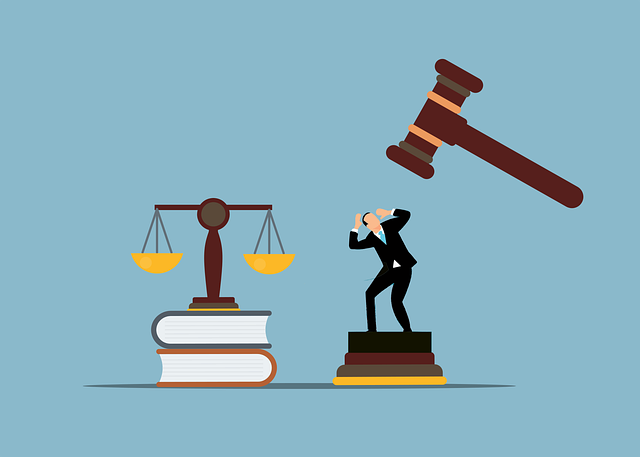Legalised Translation Services in the UK: A Comprehensive Analysis
Introduction
In an increasingly globalized world, communication across language barriers is a critical challenge. The United Kingdom, steeped in history and with a diverse population, has a significant need for accurate translation services, particularly within the legal sector. “Legalised-translation-services-uk” encompasses the specialized process of translating legal documents to ensure that they are both legally accurate and culturally appropriate. This article delves into the intricacies of these services, their impact on the UK’s legal system, international relations, and the economy at large. It will also explore technological advancements, policy frameworks, challenges, and future prospects, providing a well-rounded understanding of this niche yet pivotal industry.
Understanding Legalised Translation Services in the UK
Legalised translation services in the UK are a subset of translation services that deal specifically with legal documents. These services are integral to the judicial process, ensuring that all parties involved have access to information in a language they understand. The core components of these services include:
- Accurate Translation: Conveying the exact meaning of the original text without omitting details or adding misinterpretations.
- Legal Validity: Ensuring translations are legally recognized and hold the same weight as the original document in the respective jurisdiction.
- Cultural Sensitivity: Adapting legal terms and concepts to the target language while maintaining their original intent.
The historical context of these services is rooted in the UK’s longstanding legal traditions, which have evolved to accommodate international trade, immigration, and diplomacy. The significance of legalised translation services lies in their ability to bridge communication gaps and uphold justice, integrity, and respect for the rule of law.
Global Impact and Trends
The influence of UK-based legalised translation services extends beyond its borders, affecting global trade, diplomacy, and international litigation. Key trends shaping this industry include:
- Digitalisation: The shift towards digital documentation and electronic signatures has necessitated the development of secure, online translation platforms.
- Globalization: As businesses expand internationally, the demand for legalised translations increases to navigate diverse legal frameworks.
- Brexit: The UK’s departure from the European Union has led to a surge in legal documentation that requires translation and legalisation.
Different regions are affected by these services in various ways:
- European Union: Post-Brexit, there is a heightened need for legalised translations to maintain compliance with EU regulations for businesses operating within its member states.
- Commonwealth Countries: These countries often recognize the legal status of UK documents, facilitating smoother transactions and agreements.
- Global Markets: Multinational corporations rely on these services to navigate international contracts and mergers.
Economic Considerations
The economic impact of legalised translation services is profound. Market dynamics are influenced by the demand for accurate legal translations, which in turn affects investment patterns. These services play a crucial role in:
- Trade Agreements: Ensuring that trade agreements are legally binding and mutually understood across different languages.
- Financial Services: Facilitating the cross-border activities of banks, insurers, and investors by providing clear translations of financial regulations.
- Legal Economy: Supporting the legal sector’s growth by enabling law firms to operate effectively in a global marketplace.
Technological Advancements
Technology has revolutionized legalised translation services, with advancements such as:
- Machine Translation with Human Post-Editing: Combining AI-driven translation with human expertise to achieve high accuracy and cultural relevance.
- Blockchain Technology: Ensuring the integrity and security of translations, particularly in digital documents.
- Neural Machine Translation (NMT): Providing more nuanced and context-aware translations than ever before.
The impact of these advancements is significant, as they streamline the translation process, reduce errors, and increase accessibility to legal information. The future potential of AI and machine learning could further enhance these services, making them even more efficient and reliable.
Policy and Regulation
In the UK, legalised translations are governed by a series of policies, regulations, and legislative frameworks that dictate:
- Legalisation: The process by which documents are certified for use in another country.
- Quality Assurance: Ensuring that translators adhere to strict standards and maintain professional ethics.
- Data Protection: Complying with the UK’s General Data Protection Regulation (GDPR) when handling sensitive legal information.
These policies are crucial for maintaining the integrity of legalised translation services and ensuring they uphold the highest standards of quality and legality.
Challenges and Criticisms
Despite its importance, legalised translation services face several challenges:
- Quality Control: Ensuring consistency and accuracy in translations remains a significant concern.
- Legal Recognition: Gaining acceptance for translated documents in different jurisdictions can be complex and time-consuming.
- Technology Reliance: Overreliance on technology poses risks, including potential breaches of confidentiality or data integrity issues.
Addressing these challenges requires a concerted effort from industry professionals, regulatory bodies, and technological innovators to uphold the standards and reputation of legalised translation services.
Future Prospects
The future of legalised translation services is bright, with opportunities for growth and innovation. Potential areas for development include:
- Expansion of Services: Extending services to new markets and languages, particularly in emerging economies.
- Enhanced Collaboration: Strengthening partnerships between the UK and other countries to facilitate smoother legal exchanges.
- Continued Technological Advancement: Incorporating new technologies to improve service delivery and customer satisfaction.
As the world becomes increasingly interconnected, the role of legalised translation services will become even more critical in facilitating communication, trade, and understanding across borders.
In conclusion, legalised translation services are a vital cog in the international legal and economic system. They enable effective communication, facilitate trade, and uphold justice on a global scale. With a focus on quality, innovation, and compliance, these services will continue to evolve and play an integral role in shaping the future of international relations and commerce.
Accurate document translations are vital for successful UK visa applications. Legalised Translation Services UK offer certified, reliable translations by expert professionals who navigate legal terminology and cultural nuances. Choosing a reputable s…….
Legalised Translation Services UK are crucial for navigating immigration procedures, offering expert translators specialised in legal domains to ensure accurate and valid translations of sensitive documents like visa applications, citizenship request…….
Legalised Translation Services UK are crucial for accurate and legitimate immigration document translations. Specialized translators ensure precision, cultural sensitivity, and legal compliance in contracts, court papers, and government forms. Best p…….
“Navigating the complex visa application process requires meticulous attention to detail, especially when it comes to document translation. This is where Legalised Translation Services UK play a pivotal role in ensuring success. Our article delves in…….
In the intricate world of UK legal proceedings, certified legalised translations play a pivotal role, ensuring the integrity and admissibility of documents. This article delves into the significance of accurate and certified translation services for…….
Navigating UK immigration through legalised document translations can be a complex process. This comprehensive guide, ‘Legalised Translation Services UK’, demystifies the requirements and offers valuable insights for successful visa applications. Fro…….
Legalised Translation Services UK are indispensable for immigrants, offering accurate translations of crucial documents like passports and birth certificates. Reputable providers, staffed by qualified translators with legal expertise, ensure precisio…….
Legalised Translation Services UK are vital in facilitating global legal interactions by providing accurate, certified translations that meet UK standards. These services cater to diverse needs, ensuring language doesn't hinder legal proceedings…….
Legalised Translation Services UK are essential for accurate and authentic visa applications, providing qualified translators who handle legal terminology and cultural nuances. Engaging these professionals prevents delays or rejections by ensuring do…….
Legalised Translation Services UK are vital for accurate visa applications, offering professional translators who understand legal jargon fluently in multiple languages. They ensure precise translations of critical documents like birth certificates a…….









